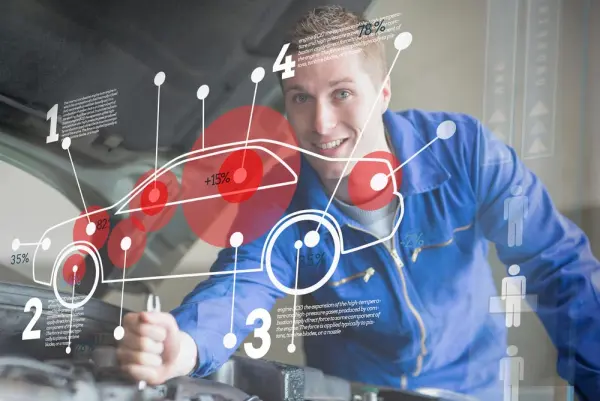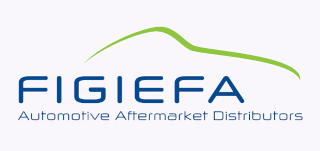European legislation (in particular the Motor Vehicle Block Exemption Regulation and the Type Approval Regulation) requires that vehicle manufacturers provide independent operators (i.e. repairers, manufacturers or distributors of repair equipment, tools or spare parts, publishers of technical information, automobile clubs, roadside assistance operators, operators offering inspection and testing services, operators offering training for installers, manufacturers and repairers of equipment for alternative fuel vehicles) with access to information on vehicle repair and maintenance.
What is the issue?

European legislation (in particular the Motor Vehicle Block Exemption Regulation and the Type Approval Regulation) requires that vehicle manufacturers provide independent operators (i.e. repairers, manufacturers or distributors of repair equipment, tools or spare parts, publishers of technical information, automobile clubs, roadside assistance operators, operators offering inspection and testing services, operators offering training for installers, manufacturers and repairers of equipment for alternative fuel vehicles) with access to information on vehicle repair and maintenance.
The aim of these legislative provisions is to ensure free and fair competition on the automotive aftermarket and provide around 270 million motorists and fleet operators in the European Union with the freedom to choose where and by whom their vehicles should be serviced.
However, access to technical information is still insufficient in practice, and numerous issues remain. For example:
How does it impact out business ?
Limited access to technical information has serious deterrent effects on the competitivity of our entire sector.
For example, without being able to unequivocally identify a vehicle and the parts it is made of, a repairer cannot necessarily correctly identify the parts it needs to order from the spare parts distributors. This increases the return rates and the number of deliveries, as well as the time needed for the repair, displeasing the consumers.
What is FIGIEFA doing ?
FIGIEFA, with its partners, is advocating for an improvement of the existing rules to make sure that the reflect the current commercial practices and technical progresses.
